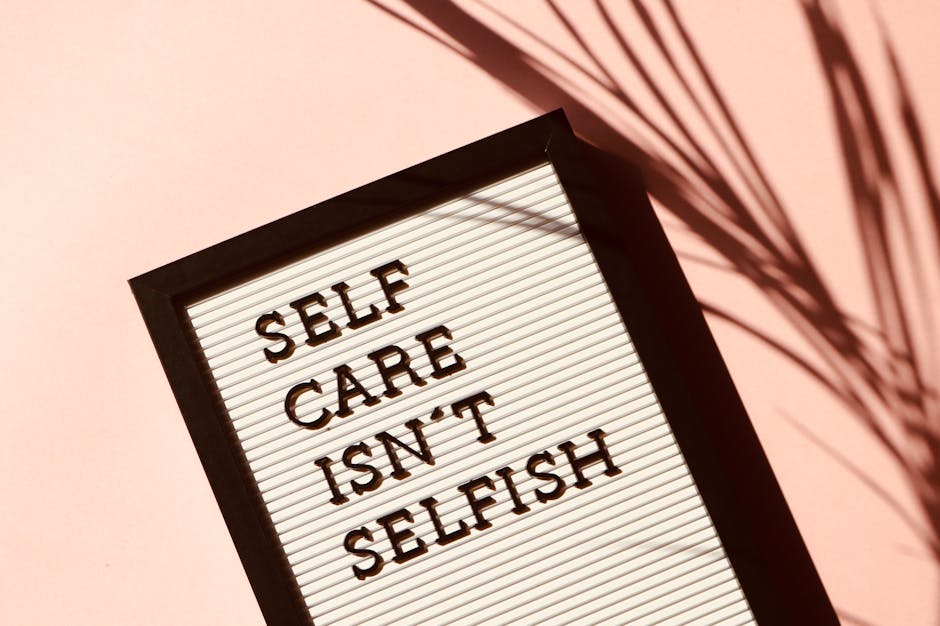Lauren Davis a nurse and childbirth education coordinator with Intermountain Park City Hospital
It’s hard to know what to pack in your bag when you go to the hospital, especially if you’ve never given birth before. It’s like going on a trip that includes activities you’ve never participated in before.
It’s a good idea to pack your bag several weeks ahead. It will put your mind at ease. Sometimes babies arrive early, and it will save you from packing last minute when you’re having labor pains or complications.
Things to do ahead:
- Make sure you’re current on your immunizations.
- Talk with your provider about a birthing plan and write it down. Allow for changing circumstances.
- Choose a pediatrician or primary care provider for your baby.
“Attending a childbirth education class will not only help you to prepare what to pack in your hospital bag, but also prepare you mentally and physically on what to expect during labor and delivery, how to advocate for your own care, and how to prepare your body for the healthiest pregnancy and birth experience,” said Lauren Davis, BSN, a childbirth education coordinator with Intermountain Health Park City Hospital.
“The more knowledgeable we have about the birthing process, the less anxious we’ll be on the big day,” she added.
What you should pack for the hospital:
- Nightgown or pajamas (front-opening styles are easier for breast-feeding)
- Bathrobe
- Slippers
- Bras (nursing-style if you plan to breast-feed your baby)
- Nursing pads
- Cosmetics and toiletries
- Pillow (hospital has pillows, but some patients prefer to bring their own)
- Journal, paper, thank you cards and pen
- Phone, camera, film or memory card, extra batteries, and chargers
- Clothes for your baby to wear home. For your baby, we suggest you bring a shirt, gown, hat, receiving blanket, and a heavier blanket (depending on the weather.)
- Clothes for you to wear home. Clothes that fit in mid-pregnancy are usually best.
- Pacifiers if desired. It’s always good to have extras.
- Burp cloths
- Infant car seat for the ride home — needs to be checked to make sure it’s installed safely in the car before you go home.
Intermountain Health hospitals provide:
Sanitary pads, diapers, wipes, onesies, pacifier, and a nasal aspirator.
What you shouldn’t bring:
- Any personal valuables, such as, jewelry, credit cards, or cash.
For more information about prenatal care and virtual or in-person childbirth preparation classes, visit the pregnancy and baby page on intermountainhealth.org. For an in-person or virtual tour of the labor and delivery unit, visit the webpage of the Intermountain Health hospital close to you.
About Intermountain Health
Headquartered in Utah with locations in seven states and additional operations across the western U.S., Intermountain Health is a nonprofit system of 33 hospitals, 385 clinics, medical groups with some 3,900 employed physicians and advanced care providers, a health plans division called Select Health with more than one million members, and other health services. Helping people live the healthiest lives possible, Intermountain is committed to improving community health and is widely recognized as a leader in transforming healthcare by using evidence-based best practices to consistently deliver high-quality outcomes at sustainable costs. For more information or updates, see https://intermountainhealthcare.org/news.
